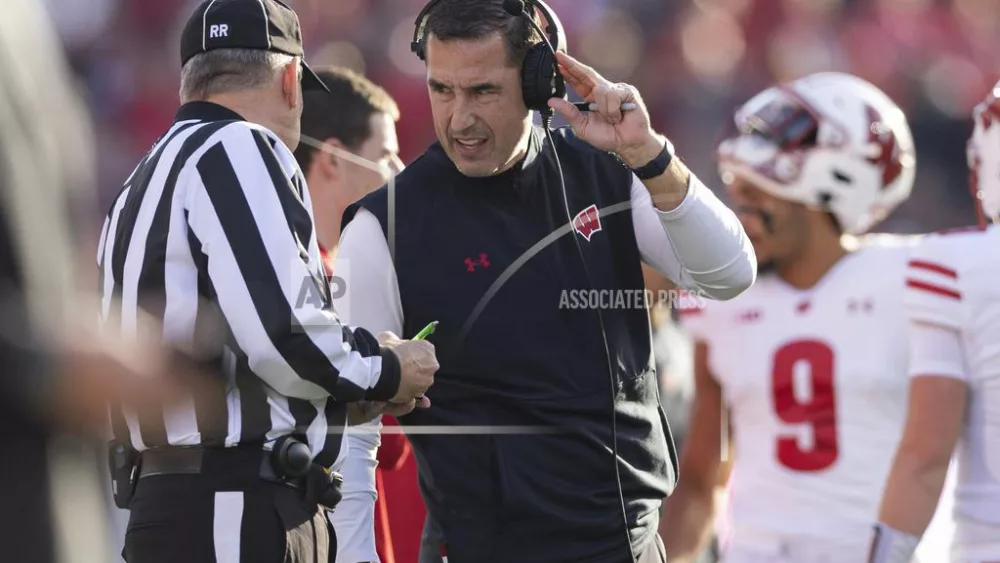
Milwaukee, Wis. – Healthcare scams are as varied as just about any con out there. The fraudster often poses as a government authority to persuade you to provide personal information related to your Medicare or Medicaid account for identity theft. In other cases, the con artist is after your health insurance, Medicaid, or Medicare information to submit fraudulent medical charges.
How the scam works:
The scam typically starts with an email, text message, or phone call that appears to be from a government agency. Con artists use a variety of stories. In one common version, the “agent” tells you that he or she needs to update account information to send a new medical card. In another version, the scammer asks for your account number in exchange for free equipment or services. A third version involves a threatening robocall purporting to be from HealthCare.gov or the Health Insurance Marketplace. You’re told you must buy health insurance or face a fine. Sure enough, you’re soon asked to provide personal information. A more recent version has reported Medicare recipients receiving notices that new Medicare cards with microchips will be sent out and further verification is required.
Tips to avoid this scam:
- Don’t trust a name or number. Con artists use official-sounding names or mask their area codes by spoofing to make you trust them. Don’t fall for it.
- Hang up and go to official websites. You can enroll or re-enroll in Medicare at Medicare.gov or a marketplace health plan at Healthcare.gov.
- Never share personally identifiable information with someone who has contacted you unsolicited, whether over the phone, by email, or on social media. This includes banking and credit card information, your birthdate, Social Security or Social Insurance number, and, of course, your health insurance number.
- Guard your government-issued numbers. Never offer your Medicare ID number, Social Security number, health plan info, or banking information to anyone you don’t know.
- Know the signs. Medicare will never contact you via email, text message, or phone, asking you to verify personal information.
BBB Scam Alert: Beware of Medicare and ACA cons during special enrollment period
To report a scam, go to BBB Scam Tracker.
To learn how to protect yourself, go to “10 Steps to Avoid Scams.” Check out our Scam Tips page for information on all types of scams.







